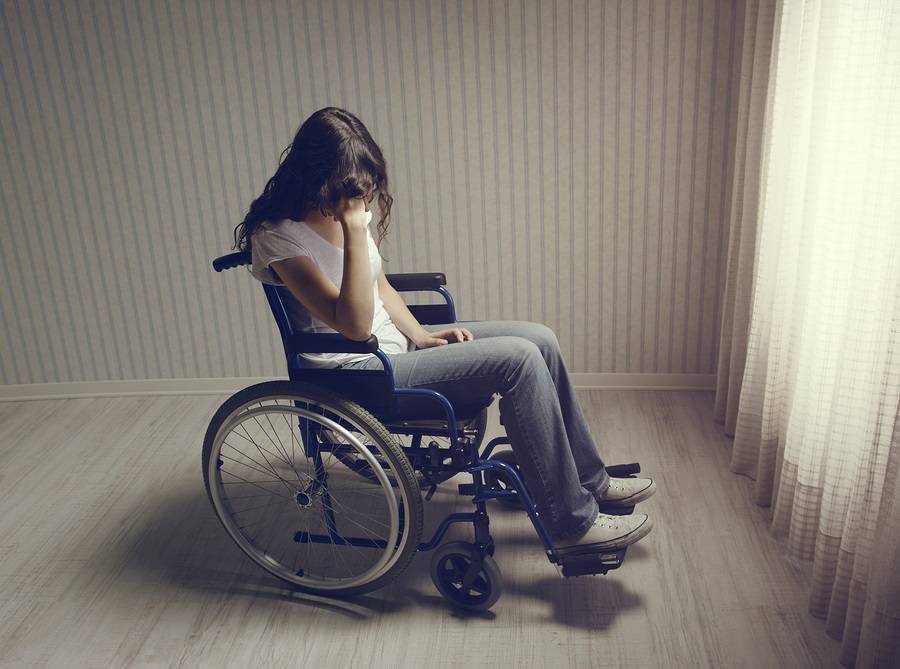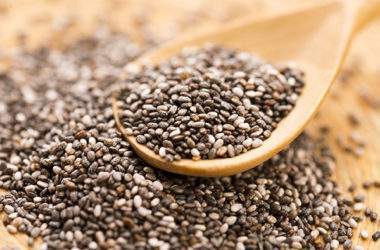Guillain-Barré Syndrome or GBS is a type of autoimmune disease. An autoimmune disease is a condition wherein the immune system damages the body’s own tissue. In the case of GBS, the peripheral nervous system, the part of the nervous system outside the brain and the spinal cord, is the one being attacked.
The few initial symptoms of Guillain-Barré Syndrome include tingling sensations and weakness in the legs that come in varying degrees. The symptoms may eventually spread to the upper body and upper extremities. It’s possible for the symptoms to be so intense that the afflicted individual may fail to use certain muscles. In severe cases, the body may end up completely paralyzed — something that’s life threatening as it may interfere with breathing.
The good news is many people with GBS may recover completely from the disease. However, some of them may experience a few lasting effects of the condition such as muscle weakness, numbness and even fatigue.
How is Guillain-Barré Syndrome Acquired?
No one really knows what causes GBS exactly. However, health authorities say that most cases tend to happen after a after the body has been invaded by bacteria or viruses, such as in the case of an infection involving the lungs, stomach or intestines. Below are some bacteria or viruses that may trigger Guillain-Barré Syndrome:
- Epstein-Barr virus. This virus is known to cause mononucelosis, an illness that may cause the affected individual to feel tired and weak for several weeks or even months.
- Mycoplasma pneumoniae. The bacteria-like organism causes mycoplasma pneumonia, the most common form of pneumonia especially among those below 40 years old.
- Varicella-Zoster virus. It’s the same virus that causes shingles and chickenpox.
- Campylobacter jejuni. A type of bacteria that infects the bowels and the leading cause of food poisoning, usually brought about by the consumption of poultry that’s undercooked or raw.
- Cytomegalovirus (CMV). CMV is a common type of herpes virus that can leave an infected individual with fever, chills, swollen glands, sore throat, body aches and fatigue.
In rare instances, Guillain-Barré Syndrome shows up after immunization or surgery.
What are the Symptoms of Guillain-Barré Syndrome?
Commonly, the symptoms of GBS begin to show up in the lower extremities, in particular in the form of tingling and weakness felt in the feet and legs. Eventually, the symptoms make their way to the upper body and arms. In about 10% of all Guillain-Barré Syndrome cases, the symptoms first appear in the face or arms.
These are the usual GBS signs and symptoms:
- Pins and needles in the toes, ankles, fingers and wrists.
- Weakness that starts in the legs and eventually moves to the upper parts of the body.
- Difficulty in speaking, chewing, swallowing and even moving the eyes.
- Difficulty with breathing, as well as loss in control of the bladder and bowels.
- Increased heart rate
- Low or high blood pressure
It’s possible for the various signs and symptoms to worsen rapidly, even causing paralysis of the entire body. In severe cases, death may ensue because of respiratory failure. The lack of physical movement in paralyzed individuals may cause blood clots that can lead to pulmonary embolism or stroke.
How is Guillain-Barré Syndrome Treated?
To date, there is no known cure for GBS. However, specialists may prescribe certain medications that help relieve the various signs and symptoms such as pain, as well as to prevent blood clot formation that can cause serious complications.
A couple of treatments are known to help in reducing the condition’s severity and speed up the recovery process. They include:
- Plasma exchange. The liquid part of the blood called plasma is removed, allowing the body to create more plasma which may no longer contain the antibodies responsible for the attack on the peripheral nervous system.
- Immunoglobulin therapy. The afflicted person is given immunoglobulin with healthy antibodies to help damage antibodies suspected to be responsible for Guillain-Barré Syndrome.
Generally speaking, children with Guillain-Barré Syndrome tend to recover more completely from the disease than adults. Most adults with GBS may take several months or even years to recover from it.












